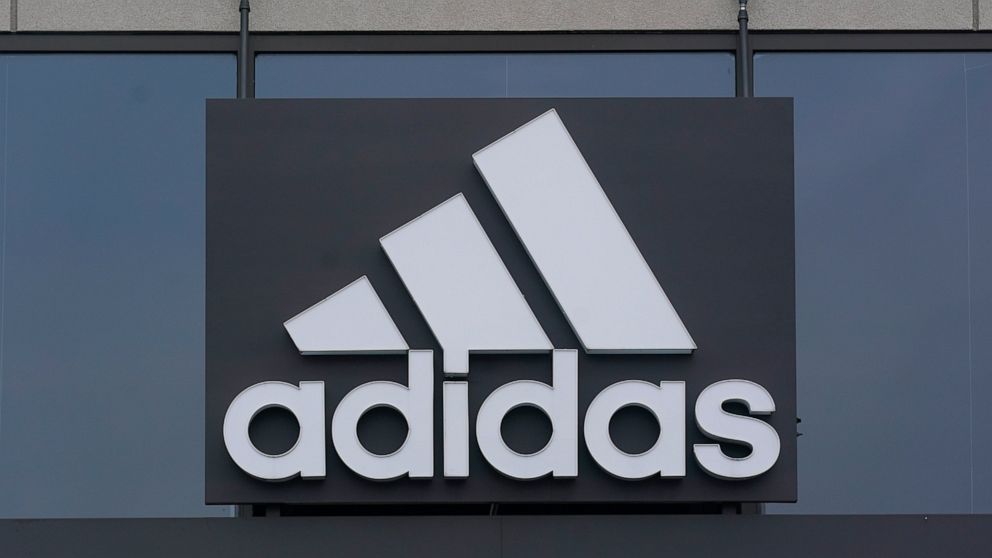FRANKFURT, Germany — Adidas on Wednesday lowered its earnings forecast for the year to account for losses from ending its partnership with the rapper formerly known as Kanye West over his antisemitic remarks.
The German shoe and sportswear maker cut its sales and profit outlook for the year as part of its third-quarter earnings statement, even as the company’s chief financial officer said the profitability of the Yeezy shoe collaboration with Ye had been “overstated.” The company would largely offset the impact of the breakup next year by no longer having to pay royalties and marketing fees for the brand, CFO Harm Ohlmeyer said.
The company halved its expectations for net profit from continuing operations to 250 million euros ($252 million) this year from 500 million euros. That matched its earlier statement that ending the partnership with Ye would cost it 250 million euros in profits.
Adidas also lowered its revenue forecast for the year to a low single-digit increase from a mid-single-digit increase.
The Oct. 25 split with Ye, with production of all Yeezy products halted and royalty payments ended, will leave Adidas searching for another star to help it compete with ever-larger rival Nike. Adidas also is facing internal upheaval, with its CEO Kasper Rorsted stepping down Friday. He was previously expected to hand over next year, but the company announced the quicker change on Tuesday as it named Puma CEO Bjørn Gulden as his replacement.
Adidas faced pressure to split with Ye as other brands did earlier over the rapper’s antisemitic comments in interviews and social media, including a Twitter post earlier this month that he would soon go “death con 3 on JEWISH PEOPLE,” an apparent reference to the U.S. defense readiness condition scale known as DEFCON. He was suspended from both Twitter and Instagram.
Adidas owns the rights to product designs except for the Yeezy name and is developing plans for what to do with existing inventory.
Ohlmeyer said on a conference call with reporters that the profitability of the Yeezy business had been overstated because its costs only included expenses directly related to the products and not central overhead costs borne by the company.
“In other words, it does not include any further central cost allocation for sourcing, digital, retail, or any other services that this part of our business has been benefitting from and that were essential for its success,” Ohlmeyer said.
“At the same time, we…
Click Here to Read the Full Original Article at ABC News: Business…

